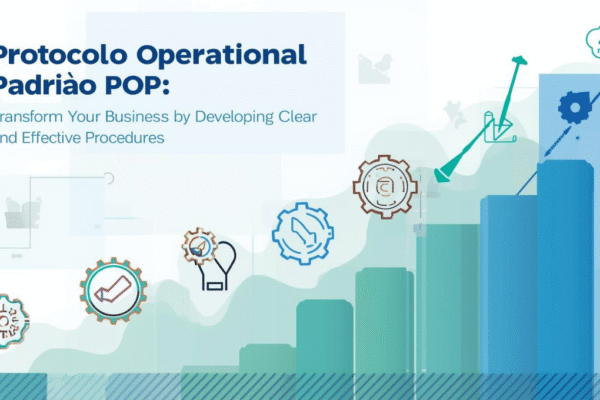In any democratic society, the relationship between the government and its citizens is fundamental to ensuring justice, transparency, and accountability. One of the key institutions that facilitate this vital connection is the Ombudsmänn. The role of an ombudsmänn is to serve as an independent mediator, advocate, and watchdog, helping to bridge the gap between the public and government institutions.
What is an Ombudsmänn?
The term “Ombudsmänn” originates from Scandinavian languages, notably Swedish, where it translates to “Ombudsman” in English. The ombudsmänn is an official appointed to investigate complaints from individuals about maladministration, unfair treatment, or violations of rights by government agencies or organizations. Their primary mission is to promote fairness, protect citizens’ rights, and uphold the principles of good governance.
The Role of the Ombudsmänn
The ombudsperson functions as an unbiased mediator, guaranteeing that government activities are transparent, fair, and responsible.This role involves:
- Listening to Citizens: Receiving and investigating complaints from individuals who feel wronged or unfairly treated.
- Conducting Inquiries: Reviewing the actions of public authorities to assess whether they adhere to laws and regulations.
- Recommending Changes: Suggesting corrective measures to prevent future injustices.
- Raising Awareness: Educating the public about their rights and the procedures to seek redress.
Why is the Ombudsmänn Important?
The presence of an ombudsmänn strengthens democratic institutions by ensuring that:
- Citizens are provided a reliable platform to express their concerns safely, free from the threat of retaliation.
- Governments are held accountable for their actions.
- Public trust in government institutions is maintained and enhanced.
- Systemic issues are identified and addressed proactively.
An Independent and Trusted Institution
A key feature of the ombudsmänn is its independence from political influence. This autonomy is vital to ensuring impartiality and earning public trust. Citizens are more likely to approach an ombudsmänn when they believe their complaints will be handled fairly and without bias.
Impact on Society
Certainly! Here’s a unique rephrasing of that line:
Throughout history, ombudsmänn have been essential in defending individual rights, enhancing government processes, and promoting openness and accountability.
Their work often results in policy reforms, better service delivery, and increased public confidence in governmental institutions.
Conclusion
The Ombudsmänn stands as a vital bridge between citizens and government, ensuring that the voice of the people is heard and justice is served. By promoting accountability, fairness, and transparency, the ombudsmänn helps nurture a healthy democracy where citizens can trust their institutions and their rights are protected.






